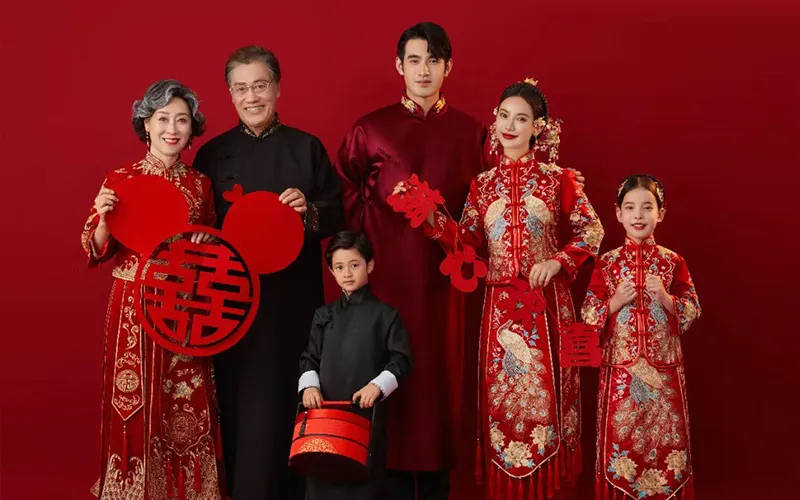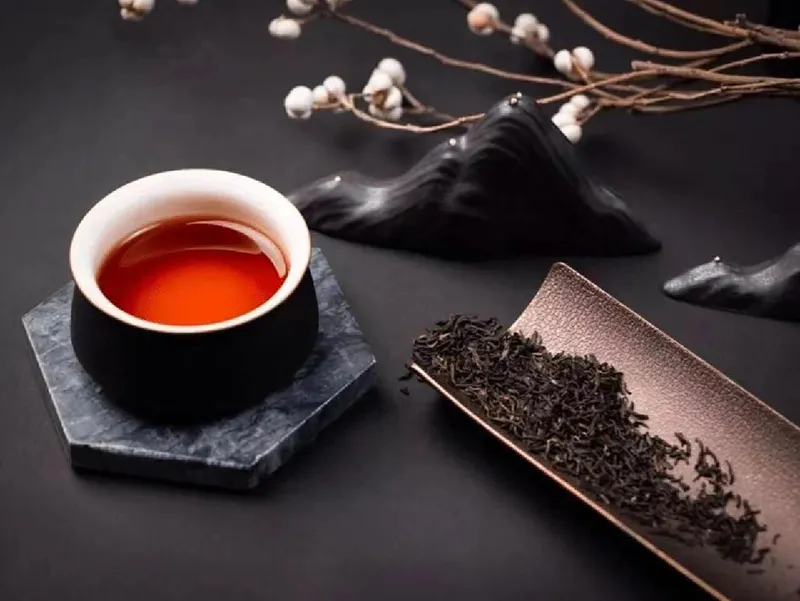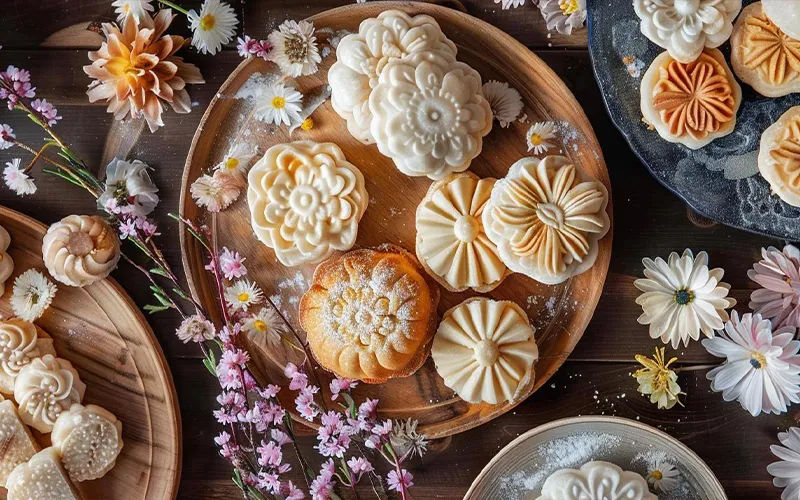Lucky Numbers and Unlucky Numbers in China
Lucky Numbers and Unlucky Numbers in China: A Cultural Exploration
In Chinese culture, numbers are not merely numerical symbols but carriers of deep - seated cultural connotations. They play a significant role in various aspects of Chinese life, from daily routines to major life events, influencing decisions and shaping beliefs. This article will explore the lucky and unlucky numbers in China, delving into the customs and traditions associated with them.
Lucky Numbers in Chinese Culture
The All - Encompassing 8
The number 8 holds a special place in Chinese hearts. Its pronunciation in Chinese, “bā,” is homophonous with the word for “prosper” or “wealth,” “fā.” This phonetic connection has elevated 8 to a symbol of good fortune, prosperity, and success.
Instances of the love for 8 are abundant. In the real - estate market of big cities like Shanghai and Shenzhen, apartments with numbers such as 88 or 888 are snapped up quickly. A luxury apartment in Shanghai's Pudong area, numbered 88 on the 8th floor, was sold at a premium of 20% compared to similar units on other floors. In the business world, companies often shell out large sums for phone numbers with multiple 8s. A well - known tech startup in Beijing paid a staggering 500,000 yuan for a phone number ending with 8888, believing it would bring good luck and attract more customers. During the 2008 Beijing Olympics, the opening ceremony was deliberately scheduled to start at 8:08:08 PM on August 8, 2008. This carefully chosen time was intended to harness the positive energy associated with the number 8, ensuring a prosperous and successful event that would be remembered worldwide.
The Harmonious 6
The number 6 is another auspicious number in Chinese culture. Pronounced “liù,” it is associated with smoothness and harmony. Chinese people believe that having the number 6 around can bring a life free from obstacles and full of tranquility.
In the custom of gift - giving, sets of six items are highly regarded. For example, during the Mid - Autumn Festival, a box of six mooncakes, each with a different and delicious filling, is a popular choice. The six - piece set is seen as a wish for the recipient to have a harmonious and trouble - free life. In business, companies often choose to hold important events on dates containing the number 6. A large - scale e - commerce platform in China launched its annual shopping festival on June 6th, expecting a smooth - running promotion that would lead to high sales. Moreover, when a new restaurant is opened, the owner might choose an address with the number 6 in it, hoping that the business will operate without hitches.
The Symbol of Longevity 9
The number 9, pronounced “jiǔ,” is closely associated with longevity and completeness. In Chinese traditional thought, 9 is the highest single - digit yang number, representing the ultimate and the whole. In ancient imperial China, the emperor was often associated with the number 9. For example, the Forbidden City in Beijing has 9,999 rooms (or so the legend goes), symbolizing the emperor's supreme status and the completeness of his rule.
Even today, the number 9 is still regarded as a symbol of long life. On the 90th birthday of an elderly person in a small town in Guangdong, the family organized a grand celebration. They sent out 999 invitations to relatives and friends, and the red envelopes given to the birthday person all contained amounts related to 9, like 99 yuan or 999 yuan. The Double Ninth Festival, which falls on the ninth day of the ninth lunar month, is a traditional festival dedicated to respecting the elderly. On this day, people often climb mountains, and families come together to wish their elders a long and healthy life, further highlighting the connection between 9 and longevity.
Unlucky Numbers in Chinese Culture
The Ill - Ominous 4
The number 4 is widely considered unlucky in Chinese culture. Its pronunciation, “sì,” sounds identical to the word for “death,” “sǐ.” This phonetic similarity has led to a strong aversion to the number 4.
In many high - rise buildings across China, the fourth floor is often skipped in numbering. In a large residential complex in Guangzhou, the floors are numbered 1, 2, 3, 3A, 5, etc. to avoid the number 4. In the hotel industry, room numbers with 4 are often the last to be booked. A four - star hotel in Hangzhou once had a room numbered 404 that remained unoccupied for long periods until they decided to rename it. Phone numbers and license plates containing 4 are also less popular. A person in Chengdu was offered a license plate with multiple 4s at a discounted price, but they refused and paid extra to get a plate without the number 4. During important life events like weddings or business openings, dates with 4 are usually avoided. A couple in Nanjing changed their wedding date from April 4th to another date to avoid any potential bad luck.
The Unlucky 13 (Influenced by Western Culture)
Although not as deeply - rooted as the dislike for 4, the number 13 also has some negative connotations in Chinese culture, mainly due to the influence of Western superstitions. In some modern, international - style buildings or hotels in China, the 13th floor may be omitted or renamed. For example, in a five - star international hotel in Beijing, the 13th floor is labeled as the 12A floor. However, it should be noted that this is not as widespread as the avoidance of 4. In traditional Chinese culture, the number 13 does not have a long - standing, inherent negative meaning. It is more of an adopted superstition from Western cultures, and many Chinese people, especially those with a more traditional mindset, may not attach much importance to it.
In conclusion, lucky and unlucky numbers in China are an integral part of the country's rich cultural heritage. They are deeply intertwined with Chinese customs, traditions, and daily life, influencing people's choices and beliefs. Whether it's the pursuit of good fortune with numbers like 8, 6, and 9 or the avoidance of misfortune associated with 4 and, to a lesser extent, 13, these numbers reflect the Chinese people's hope for a prosperous, harmonious, and long - lasting life.
Questions?
-
Email
trip@realchinatravel.com
-
WhatsApp




